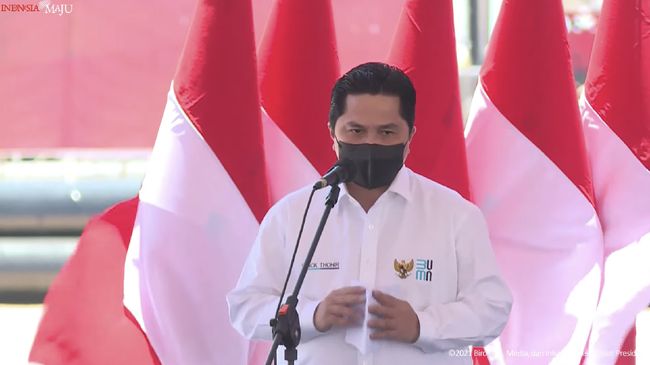According to the Comprehensive Cancer Center of the Netherlands, about 1500 patients per year are diagnosed with a primary tumor unknown. This cancer is equally common in men and women and is relentless. Within one year of diagnosis, 85 percent of patients have died.
worried
Geert-Jan Bouman suffers from PTO. On Easter Monday, he felt a lump in his neck. “It hurt,” he tells EditieNL. “The doctor said: call back in three weeks, then we’ll see. But the next day I called again, I was worried.”
–
–
Then a blood test was immediately done and an ultrasound took place. “On April 29, I was told that I had cancer and that there was not much more to do. I got that blow right.” More research followed. “Day in, day out in the hospital.”
no source
Geert-Jan underwent four treatments, but these were discontinued when the metastases did not shrink any further. “I have to come back on November 12 for a scan. Then they hope to find the source with DNA research so that they can start treatment. That is not possible now, because the source is unknown.”
–
–
The same happened to Hendrik, who died at the age of 32 in January 2019. “A day after his first chemotherapy,” his fiancée Warnyta Minnaard, co-founder of Mission Tumor Unknown, tells EditieNL. She hopes that a new DNA technique will lead to a treatment plan for new patients. According to her, the cancer also needs to be more widely known. “Everyone knows breast cancer, everyone should learn this too.”
–
–
DNA research
“It is unbearable that you do not get around to care or treatment,” explains Warnyta. With Mission Tumor Unknown, she has made it her own mission to ensure that patients who, like Hendrik, suffer from PTO, have to suffer less.
DNA testing should make finding the source easier. The new research method should make it possible to see whether specific DNA abnormalities are present on which targeted treatment can be given.
–
–
Warynta also wants to show science that the way treatment plans are now being drawn up is not ideal. “There is no treatment plan without a source. While there is a very large group that does not fall within one plan. New patients should know that there are now new techniques.”
Since the end of April, the DNA technique has been reimbursed by the insurers and used by the Erasmus MC and Antoni van Leeuwenhoek hospital.
–
–


